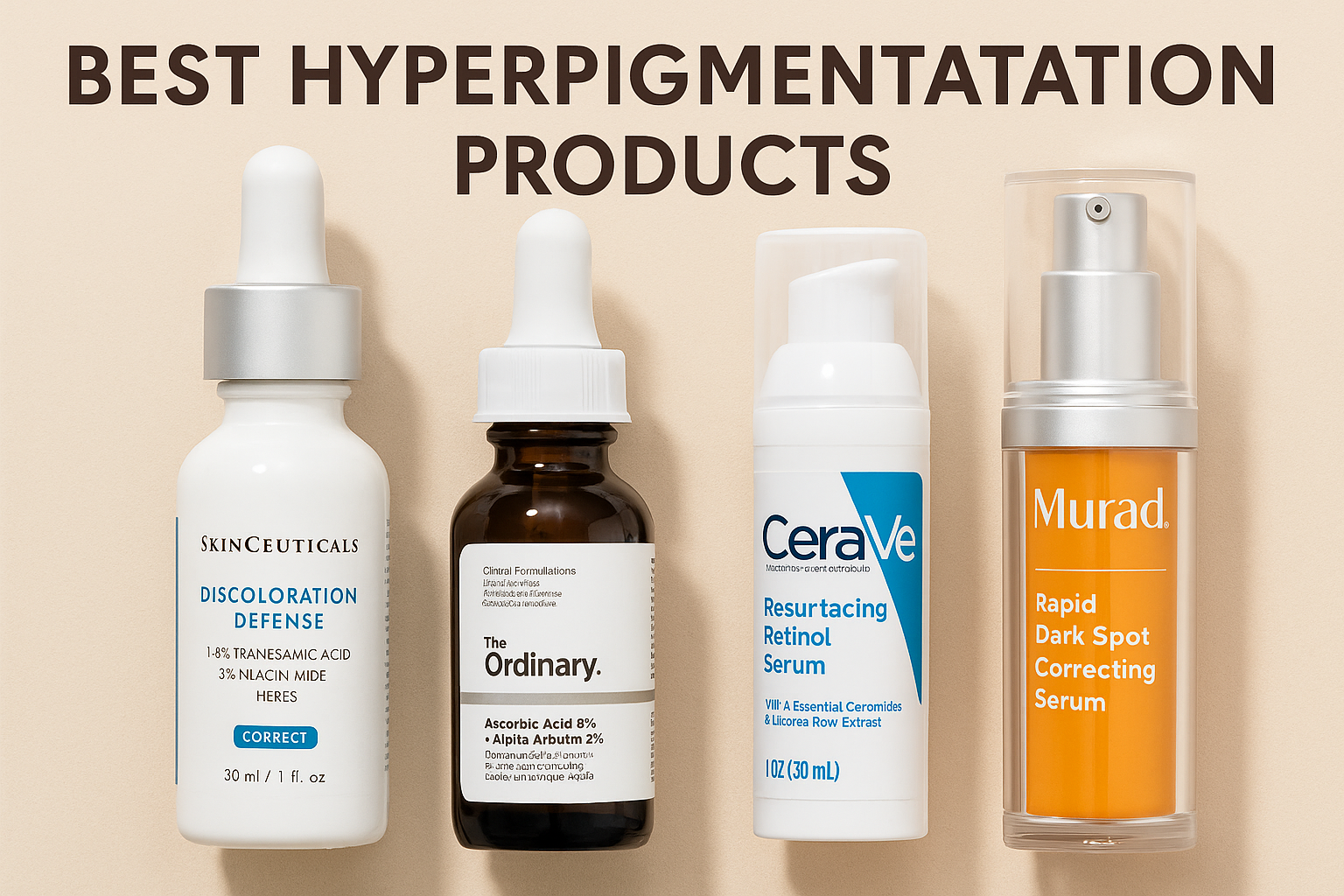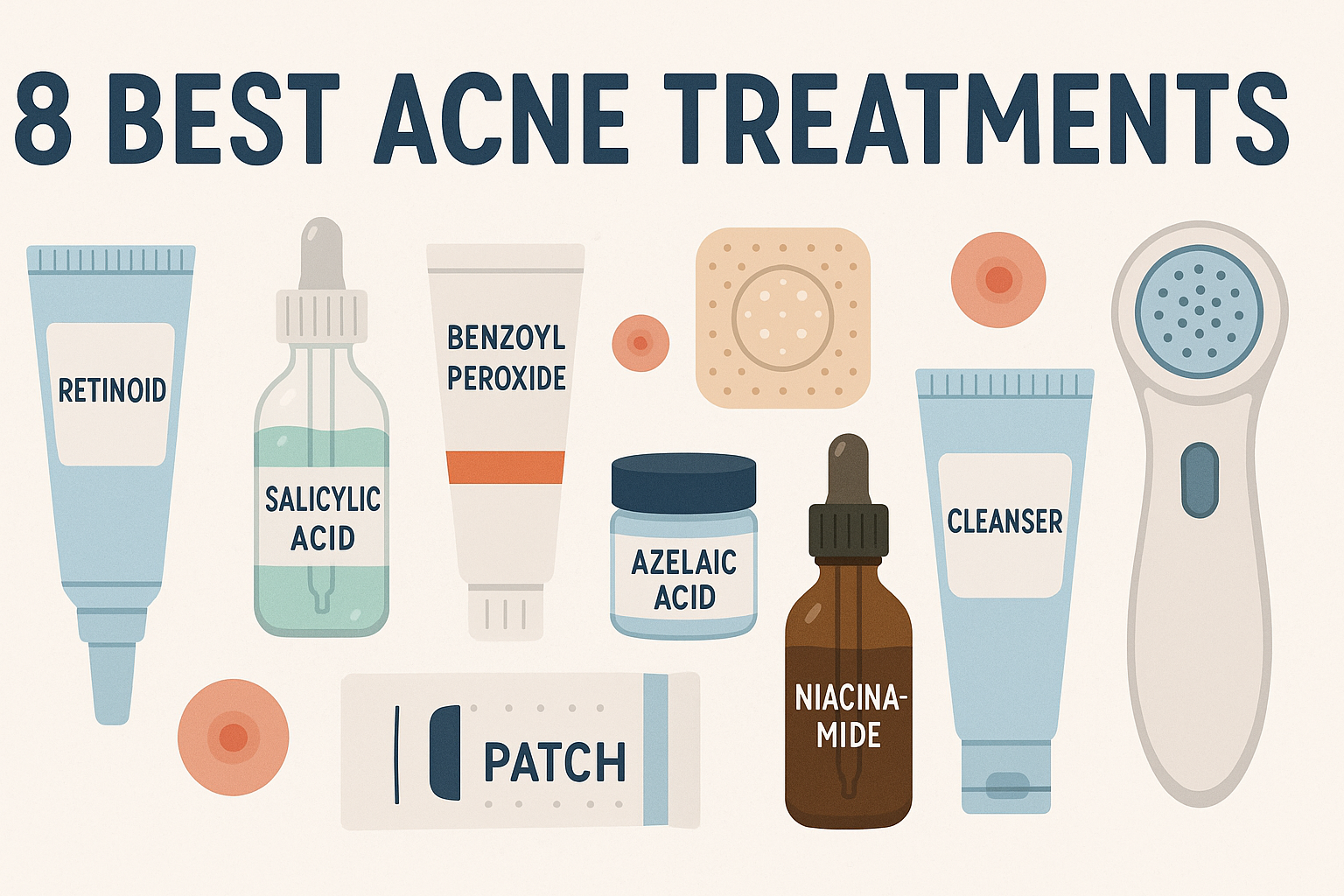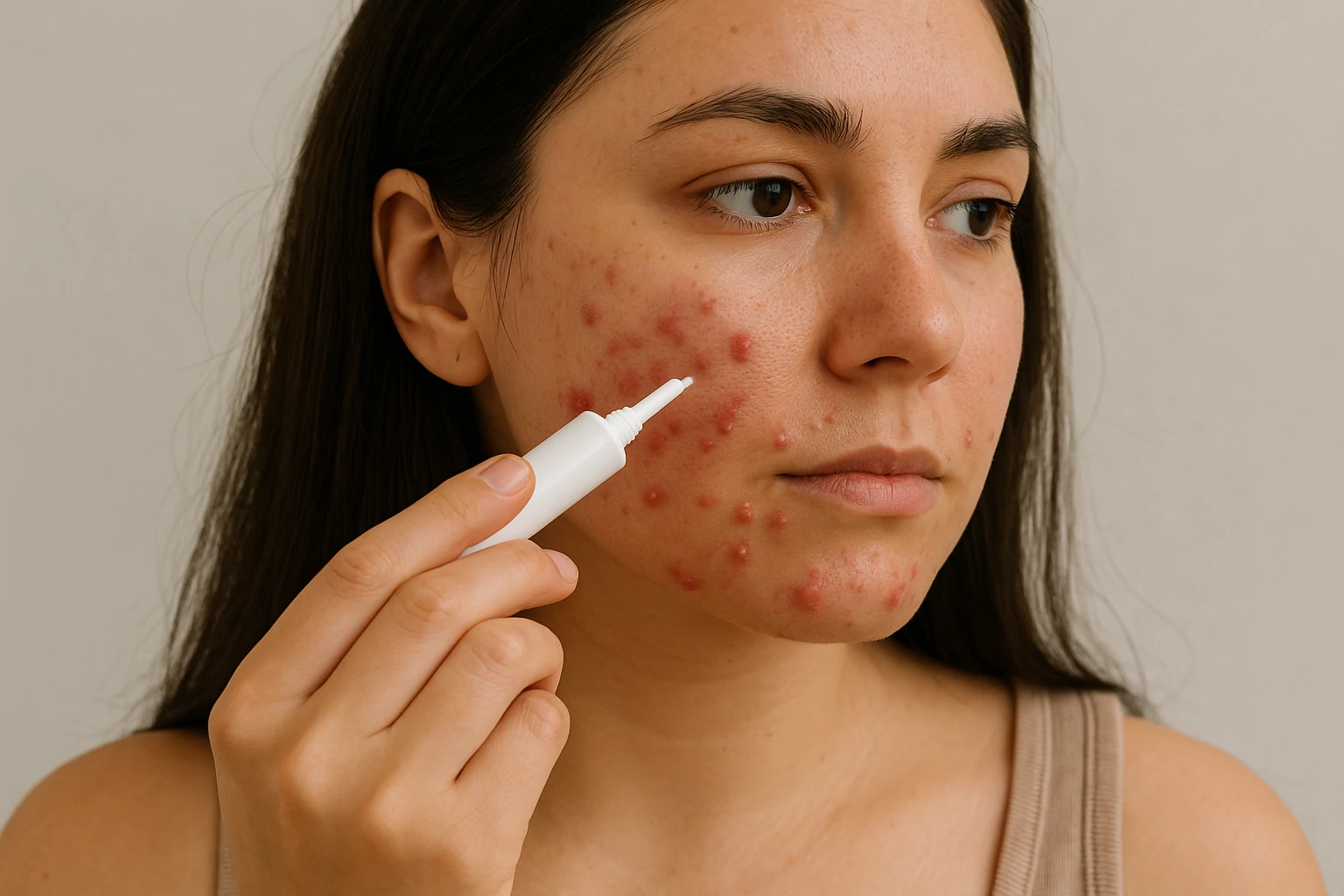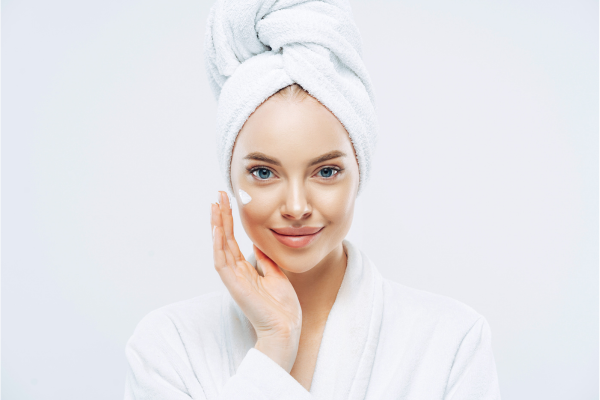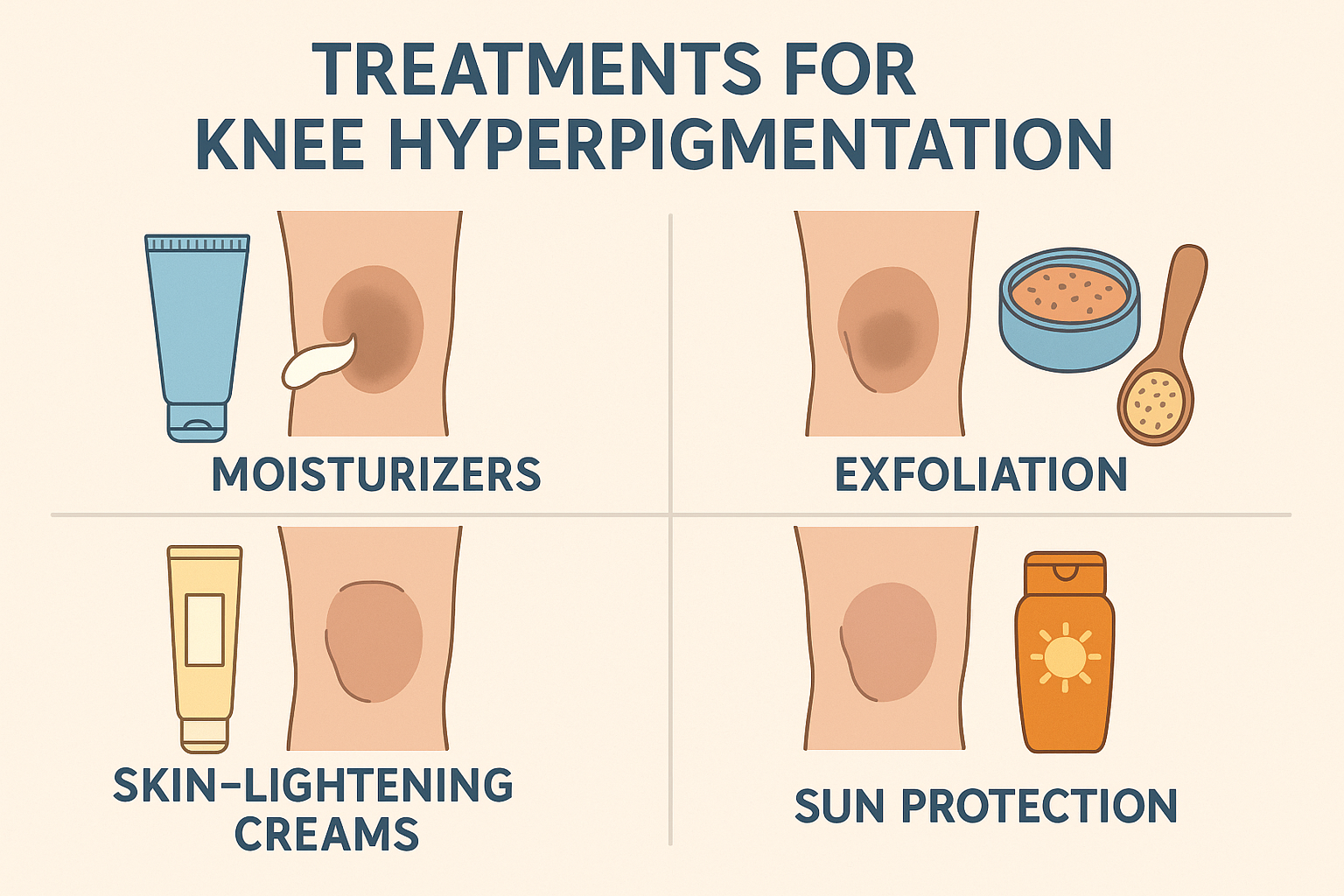Best Skincare Routine for Oily Skin: A Complete Guide to Balanced Skin
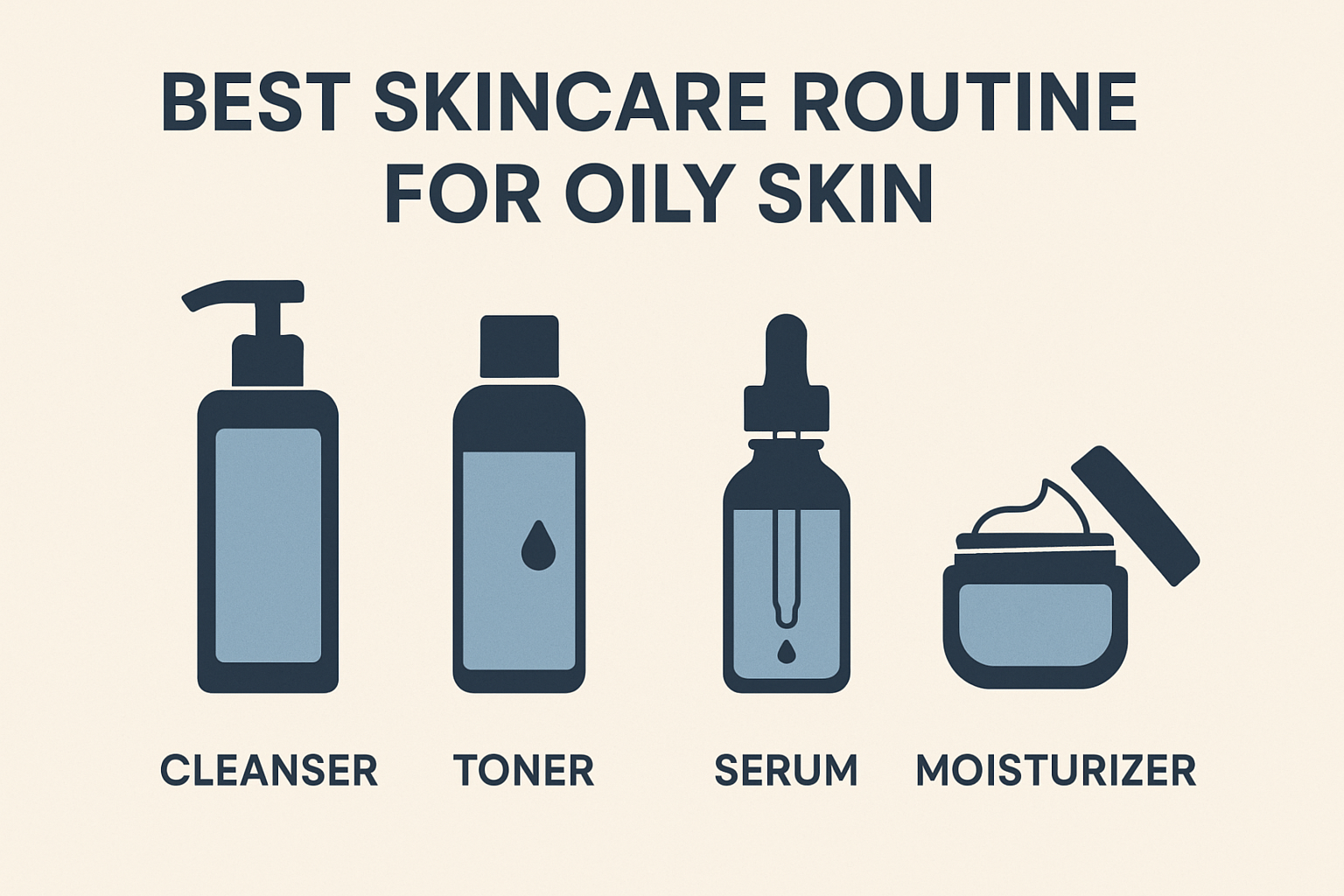
Skincare Routine for Oily Skin can often feel like a challenge. Having oily skin means dealing with excess shine, dullness, and a higher likelihood of breakouts. Finding the right skincare products to keep your skin healthy and glowing—without looking greasy—can sometimes feel overwhelming. While there are many products designed for oily skin, not all of them work well together. That’s why having a well-structured skincare routine for oily skin is more important than just picking random products.
Since everyone’s skin is different, we didn’t want to recommend a one-size-fits-all routine. Instead, we consulted certified dermatologists—Dr. Tess Mauricio, Dr. Blair Murphy-Rose, and Dr. Lauren Penzi—for professional insights on how to care for oily skin the right way.
They emphasized choosing products that control oil (sebum) production without over-drying the skin. Balance is key. An ideal routine includes a gentle cleanser, a mild exfoliator, an alcohol-free toner, targeted serums (for concerns like large pores or acne), and a lightweight, water-based moisturizer. And don’t forget a non-comedogenic sunscreen in the morning—it’s essential protection.
With expert guidance, you no longer have to feel lost when building your skincare routine. Their advice will help you achieve skin that feels clean, fresh, and hydrated—without unwanted shine.

Best Daytime Skincare Routine for Oily Skin
Step One: The Crucial Role of Cleansing in Oily Skin Care
The first and most essential step in any skincare routine is cleansing. Dermatologists agree that this process forms the foundation of clean, healthy skin. Dr. Tess Mauricio explains that facial cleansers remove dirt, excess oil, and pollution buildup on the skin’s surface—especially after a night’s sleep or a full day of activities.
For those with oily, acne-prone skin, Dr. Mauricio recommends the Acne Clarifying Cleanser from Alumier MD. Its active ingredients help unclog pores and calm inflamed skin. If you’re not experiencing a breakout but still deal with excess oil, the Purifying Gel Cleanser is a lighter alternative that effectively controls shine.
Dr. Blair Murphy-Rose highlights the importance of adjusting your cleanser based on your skin’s condition in the morning. If your skin feels oily upon waking, the Gentle Jelly Cleanser from Skincare Junkie offers a soft yet effective cleanse without irritation. On the other hand, if your skin feels fresh and not too oily, micellar water—like those from Neutrogena or Bioderma—can refresh your skin without the need for rinsing.
For those looking for a gentle everyday cleanser, Dr. Lauren Penzi recommends the Toleriane Foaming Facial Cleanser by La Roche-Posay. It’s a classic, dermatologist-approved option known for being mild yet effective—ideal for both sensitive and oily skin types.
Choosing the right cleanser is a key first step in keeping your skin clean, balanced, and ready to absorb the benefits of the rest of your skincare routine.
Step Two: Why Toner Is More Than Just a Refreshing Mist
Once your face is thoroughly cleansed, the next step in your skincare routine is applying toner. Skin experts recommend using toner right after cleansing and before any other skincare products. According to Dr. Tess Mauricio, toner is much more than just a refreshing liquid—it plays a vital role in skin health.
“Toner helps restore the skin’s natural pH, which can be disrupted during cleansing,” Dr. Mauricio explains. This is important because a balanced pH keeps the skin barrier functioning properly, reducing irritation and lowering the risk of breakouts. Toners also help tighten the appearance of pores, leaving the skin looking smoother and more refreshed.
Another benefit: toner gently removes leftover dead skin cells, making the surface cleaner and better prepared to absorb the next skincare products—such as serums or moisturizers. In other words, toner enhances the effectiveness of everything you apply afterward, allowing active ingredients to penetrate more efficiently.
Step Three: Protect and Brighten with an Antioxidant Serum
After cleansing and balancing your skin with toner, the next step is hydration and protection—this is where serum comes in. According to Dr. Lauren Penzi, using an antioxidant serum in the morning is especially important for oily skin, which is often exposed to pollution, UV rays, and other environmental stressors.
Antioxidant serums work by neutralizing free radicals—harmful molecules that can damage collagen and accelerate signs of aging. These serums also help brighten dull skin that’s been affected by sun exposure and pollution.
Dr. Penzi recommends the Phloretin CF Serum from SkinCeuticals, which contains a powerful combination of vitamin C, ferulic acid, and phloretin. This formula not only protects the skin from environmental damage but also evens out skin tone and boosts natural radiance.
Incorporating an antioxidant serum into your daily routine is a key step in keeping your skin healthy, glowing, and well-protected. Apply a few drops after toner and before moisturizer for the best results.
Step Four: Lock in Hydration with the Right Moisturizer
The next step in your skincare routine is applying moisturizer—and it’s a step you should never skip, even if you have oily skin. Dr. Tess Mauricio emphasizes that moisturizer plays a crucial role in maintaining the skin’s water balance, keeping it hydrated without feeling heavy or greasy. “Even if your skin is oily or acne-prone, choosing the right moisturizer is still essential,” she explains.
When skin becomes dehydrated, it may actually produce more oil to compensate. That’s why using a lightweight yet effective moisturizer can help manage excess oil and keep your skin barrier healthy.
Dr. Blair Murphy-Rose recommends the Megadose Super Antioxidant Moisturizer from Skincare Junkie, a product she personally formulated. It’s packed with powerful antioxidants to protect the skin from environmental stressors, while remaining lightweight and non-comedogenic—meaning it won’t clog pores. This makes it an ideal choice for oily skin types.
By consistently using the right moisturizer, you help your skin stay hydrated, balanced, and protected—without unwanted shine or breakouts.
Step Five: Never Skip Sunscreen—Your Skin’s Daily Shield
No matter the weather or your daily activities, sunscreen is one step in your skincare routine that should never be skipped. As experts often say, SPF is your skin’s best friend—not just for preventing sunburn, but for keeping your skin healthy, youthful, and protected in the long run.
Dr. Tess Mauricio explains that sunscreen protects the skin from harmful ultraviolet (UV) rays, especially UVA and UVB. Continuous exposure to these rays can damage skin cells, accelerate premature aging, cause hyperpigmentation, and increase the risk of skin cancer.
What many people forget is that UV rays can still penetrate through windows and clouds. That means sunscreen is essential even when you’re indoors or the sky is overcast. If you’re spending time outdoors, reapplying every two hours is highly recommended to maintain effective protection.
Dr. Blair Murphy-Rose and Dr. Lauren Penzi both recommend UV Clear by EltaMD—a lightweight, oil-free sunscreen that’s perfect for oily or acne-prone skin. Dr. Penzi also suggests Unseen Sunscreen by Supergoop, which has a transparent, weightless texture that works well under makeup.
Incorporating SPF into your daily routine isn’t just about protecting your skin today—it’s a long-term investment in your skin’s health and beauty.
Nighttime Routine
Evening Routine Step One: Cleanse to Reset Your Skin
After a full day of activity, the first step in your nighttime skincare routine is cleansing—and it’s one you should never skip. Whether you’ve worn makeup, spent time outdoors, or stayed inside, your skin is still exposed to dust, pollution, excess oil, and leftover skincare or sunscreen. If not properly removed, these can clog pores and lead to breakouts or irritation.
Cleansing at night removes the buildup of dirt and oil from the day, while preparing your skin to better absorb the benefits of your nighttime products. It’s a fundamental step that supports skin balance and helps prevent common issues like dullness and congestion.
Dermatologists recommend using the same gentle cleanser you use in the morning, as long as it’s non-irritating and suits your skin type. Consistency is key in skincare—sticking with products that work for you helps maintain skin stability, cleanliness, and overall health, especially before bed, when your skin naturally goes into repair mode.
Evening Routine Step Two: Gentle Exfoliation for Clear, Balanced Skin
Once your face is thoroughly cleansed, the next step in your nighttime routine is exfoliation—an essential process, especially for those with oily skin. Exfoliating removes the buildup of dead skin cells that can clog pores, leading to blackheads and breakouts. It also helps regulate excess oil and preps the skin to absorb the rest of your nighttime products more effectively.
According to Dr. Lauren Penzi, it’s best to opt for gentle chemical exfoliants containing alpha-hydroxy acids (AHAs) or beta-hydroxy acids (BHAs). AHAs like mandelic and lactic acid work on the skin’s surface to brighten and smooth texture, while BHAs like salicylic acid penetrate deeper into the pores—making them ideal for oily skin. She recommends products such as Paula’s Choice 2% BHA Liquid Exfoliant or Mandelic + Lactic Acid Exfoliant for optimal results.
For those who prefer physical exfoliation, Dr. Tess Mauricio suggests the Microderm Polish from AlumierMD, which uses fine particles to gently buff away dead skin cells. However, she advises limiting physical exfoliation to two or three times per week to avoid irritation.
It’s important to note that exfoliating every night is not necessary—and can actually damage your skin’s protective barrier, leading to sensitivity. Always adjust the frequency based on your skin’s needs, and if you’re unsure, consult a dermatologist to create a tailored routine.
Evening Routine Step Three: Rejuvenate While You Sleep with Retinol
Retinol is one of the most powerful active ingredients in nighttime skincare, and according to Dr. Blair Murphy-Rose, “retinol equals skin rejuvenation while you sleep”. It works by stimulating cell turnover and boosting collagen production, helping to smooth fine lines, improve skin texture, and prevent visible signs of aging.
Dr. Murphy-Rose recommends the “Skinbetter AlphaRet Overnight Cream”, which combines retinoid with alpha-hydroxy acid (AHA) and other rejuvenating ingredients in a patented formula. This unique blend works synergistically to renew the skin overnight, while minimizing the risk of irritation.
Beyond improving overall skin appearance, consistent use of retinol can also help reduce the appearance of enlarged pores and control excess oil—making it a great option for oily or acne-prone skin.
For a gentle yet effective alternative, Dr. Lauren Penzi suggests the “RoC Retinol Correxion Deep Wrinkle Night Cream“, a well-known product that’s suitable for regular use.
While retinol offers impressive benefits, it’s important to start slowly—just 2 to 3 times per week—to avoid irritation. And always follow up with moisturizer at night and sunscreen the next morning to protect your skin and maximize results.
Evening Routine Final Step: Lock in Hydration with Moisturizer
After applying retinol, the next crucial step is sealing in moisture with a good night-time moisturizer. While retinol is highly effective for skin renewal, it can also cause dryness or sensitivity—making hydration essential to maintain skin balance and prevent irritation.
Dr. Blair Murphy-Rose recommends CeraVe PM Facial Moisturizing Lotion as an ideal choice, especially for oily skin. This lightweight, non-comedogenic moisturizer won’t clog pores and feels comfortable to wear overnight.
More than just a hydrator, this formula contains ceramides and niacinamide—key ingredients that help restore the skin’s barrier and soothe irritation. It also plays an important role in preventing transepidermal water loss (TEWL), the process where moisture escapes from the skin during sleep, leaving it dry and tight by morning.
By moisturizing after retinol, you keep your skin hydrated, smooth, and balanced—while enhancing the benefits of retinol without the risk of dryness or discomfort. It’s the perfect finishing step for an effective, skin-friendly nighttime routine.
Don’t Skip This Step: The Importance of Eye Cream in Your Night Routine
Often overlooked but still essential, applying eye cream is a step worth including in your evening skincare routine. The skin around the eyes is significantly thinner and more delicate than the rest of your face, which means it needs special care. Dr. Blair Murphy-Rose recommends using eye cream at night to protect and nourish this sensitive area.
Interestingly, even if you have oily skin, the under-eye area tends to be drier. That’s why products with slightly richer textures are usually safe—and even beneficial—to use here. Eye creams help hydrate, reduce fine lines, and target specific concerns such as dark circles, puffiness, or loss of volume.
While some dermatologists may not consider eye cream strictly necessary, if you experience particular issues in the eye area, incorporating one can offer noticeable improvements and enhance your overall appearance.
Look for eye creams with active ingredients like peptides, caffeine, gentle retinol, or hyaluronic acid, depending on your needs. Apply using your ring finger for a gentle touch, and consider this a thoughtful final step in a well-rounded nighttime skincare regimen.
A Small but Mighty Step: Nighttime Lip Care
Just like eye cream, lip care is often overlooked in skincare routines—but it can make a big difference. According to Dr. Blair Murphy-Rose, keeping your lips hydrated overnight is especially helpful if you frequently experience dryness, chapping, or dehydration.
Unlike the rest of your face, the skin on your lips doesn’t contain oil glands, which makes it more prone to moisture loss—particularly at night, when body temperature shifts and room air can become drying. That’s why applying a product that locks in hydration is a simple yet effective way to care for this delicate area.
Look for lip treatments with ingredients like shea butter, petrolatum, ceramides, or beeswax. These create a protective barrier that prevents moisture loss while keeping your lips soft and supple. As a bonus, well-moisturized lips also provide a smoother canvas for lipstick or other lip products during the day.
Though it may seem minor, adding lip care to your nighttime routine is a finishing touch that brings balance and completeness to your overall skincare ritual.
The Final Touch: Night Treatment for Intensive Skin Repair
As the last step in your nighttime skincare routine, a targeted night treatment can make a big difference—especially when your skin feels dry, dull, or is experiencing specific concerns. Dr. Tess Mauricio explains that night treatments are formulated with active ingredients designed to work while your skin is in its natural repair mode—during sleep.
Unlike daily skincare products, night treatments are usually more concentrated and focus on addressing particular issues like dehydration, hyperpigmentation, acne, fine lines, or sensitivity. For example, creams or sleeping masks with hyaluronic acid provide deep hydration, niacinamide helps to brighten and calm, while peptides and ceramides strengthen the skin barrier.
Dr. Mauricio highlights that night treatments also help lock in extra moisture, which is crucial as skin tends to lose water more easily at night. By targeting your skin’s specific needs, these treatments help you wake up to skin that feels smoother, plumper, and healthier.
Use night treatments as needed—they don’t have to be part of your daily routine. What matters is choosing the right product for your skin’s current condition. Done correctly, this step turns your nighttime routine into a deeper act of repair and renewal.
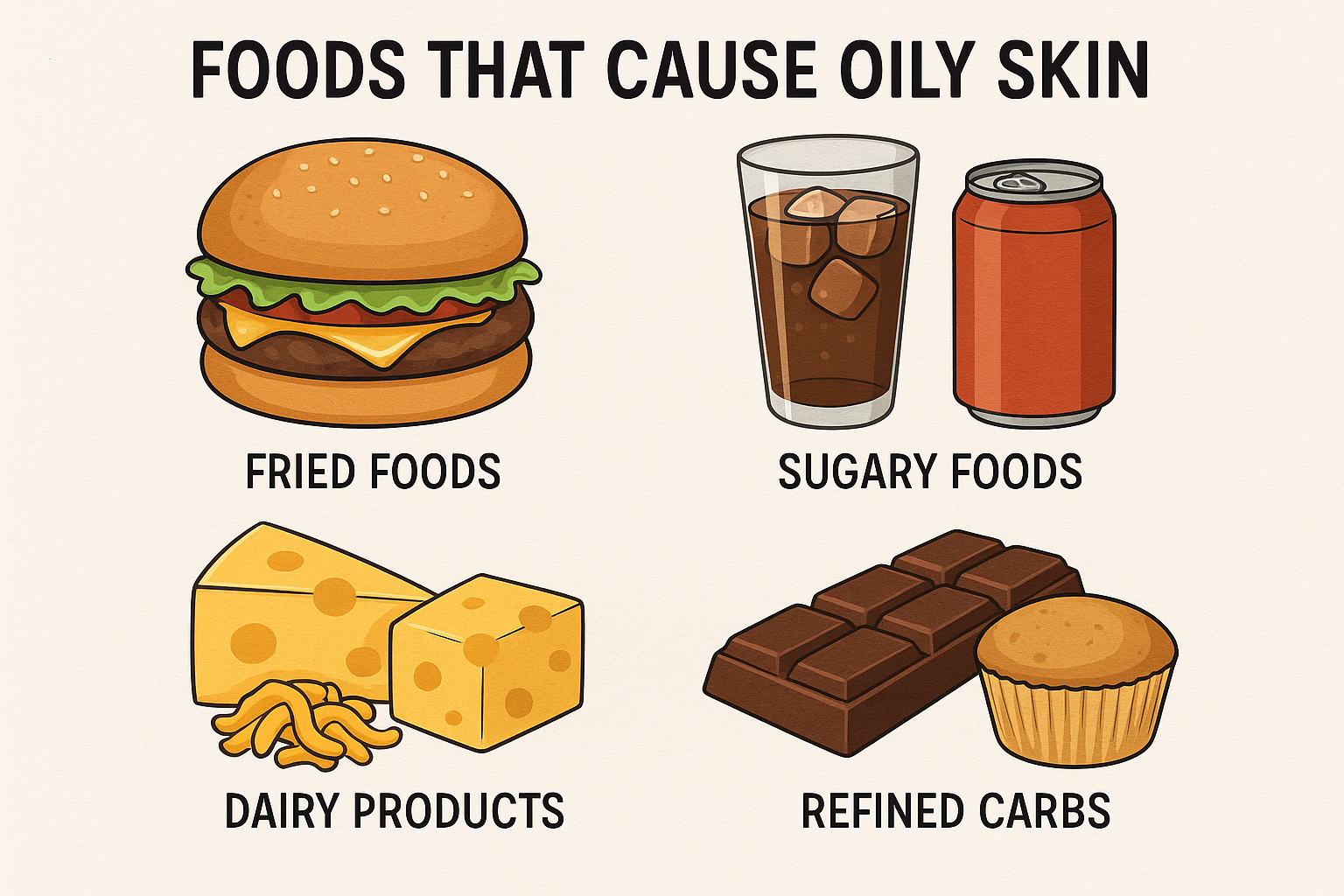
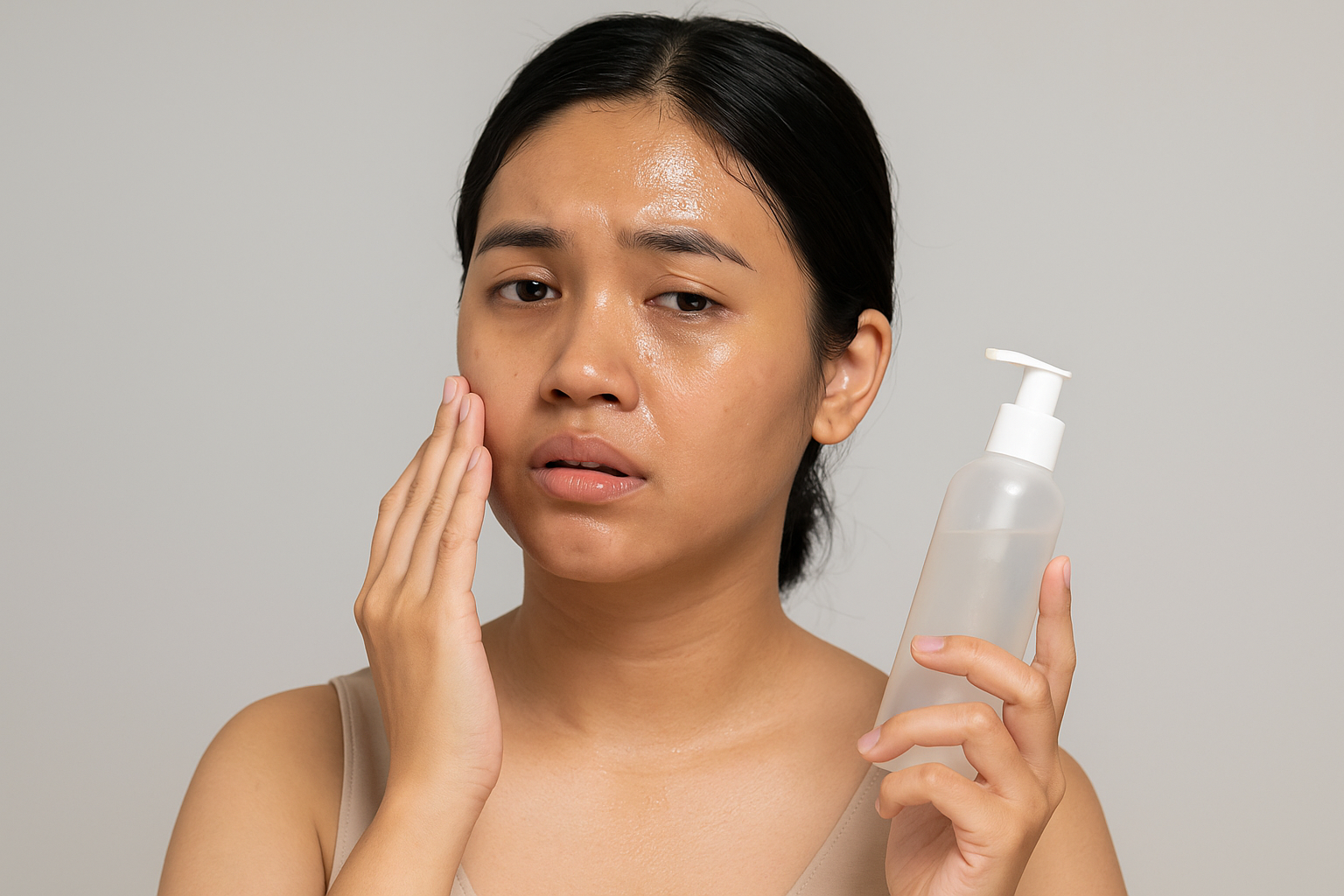
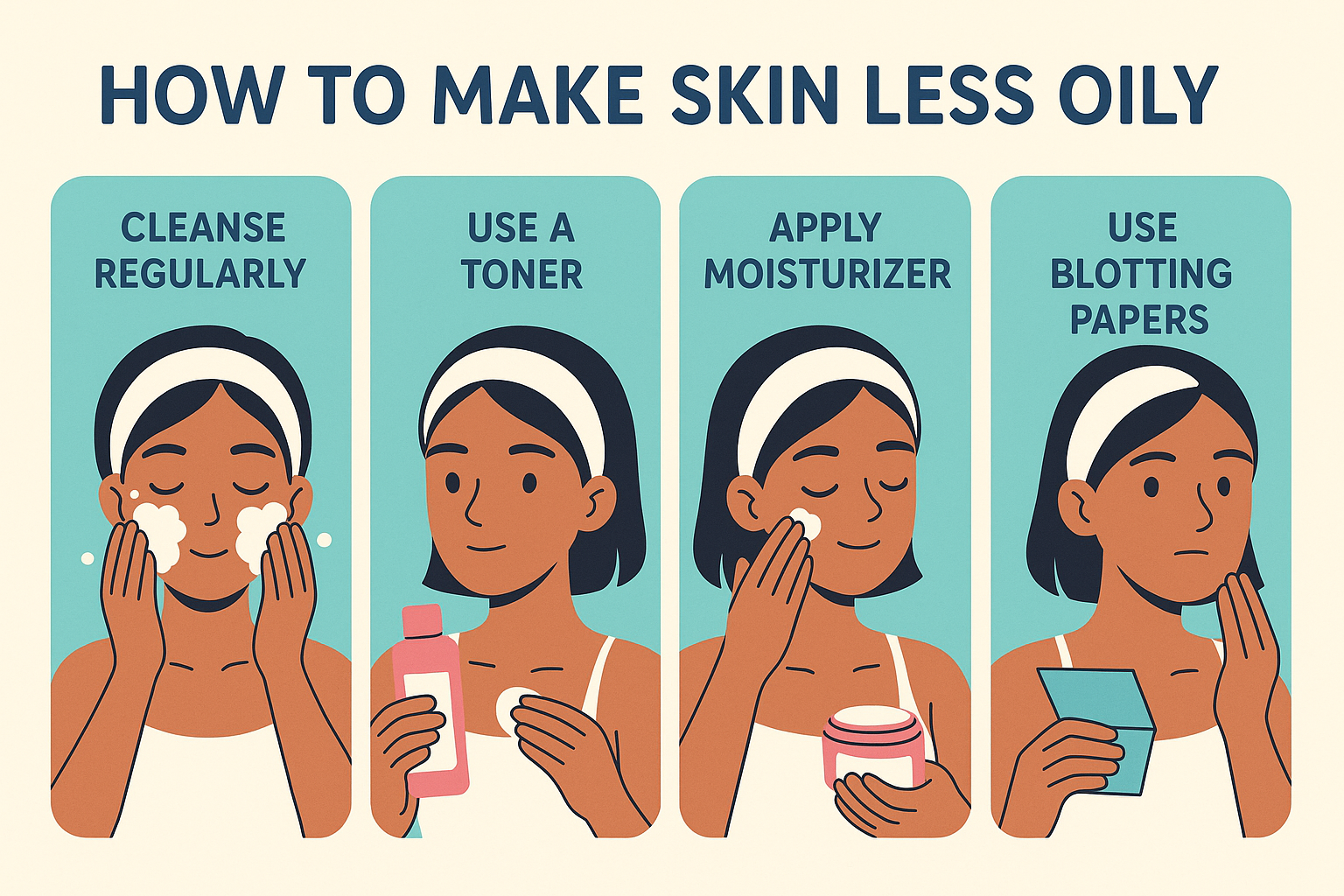
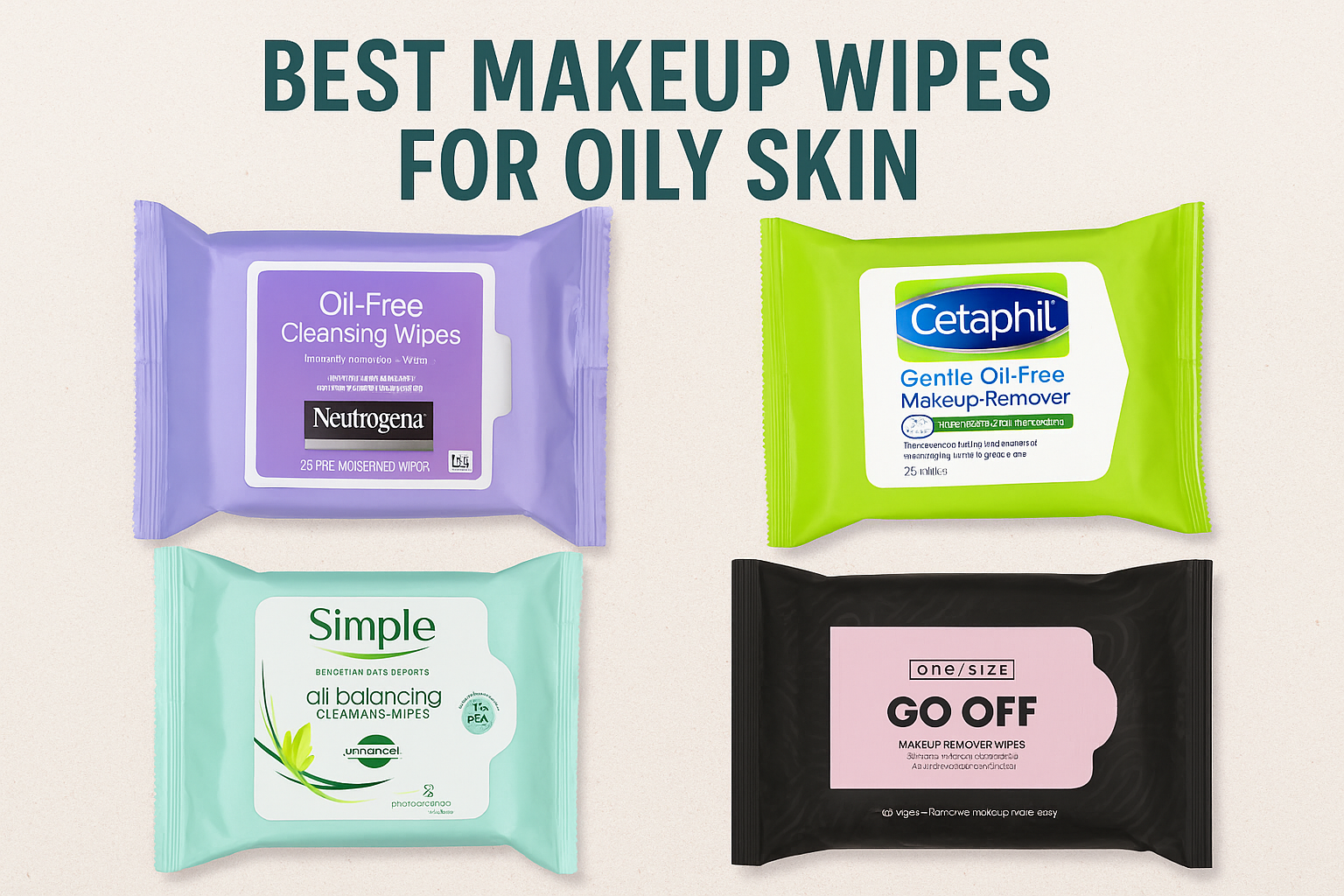
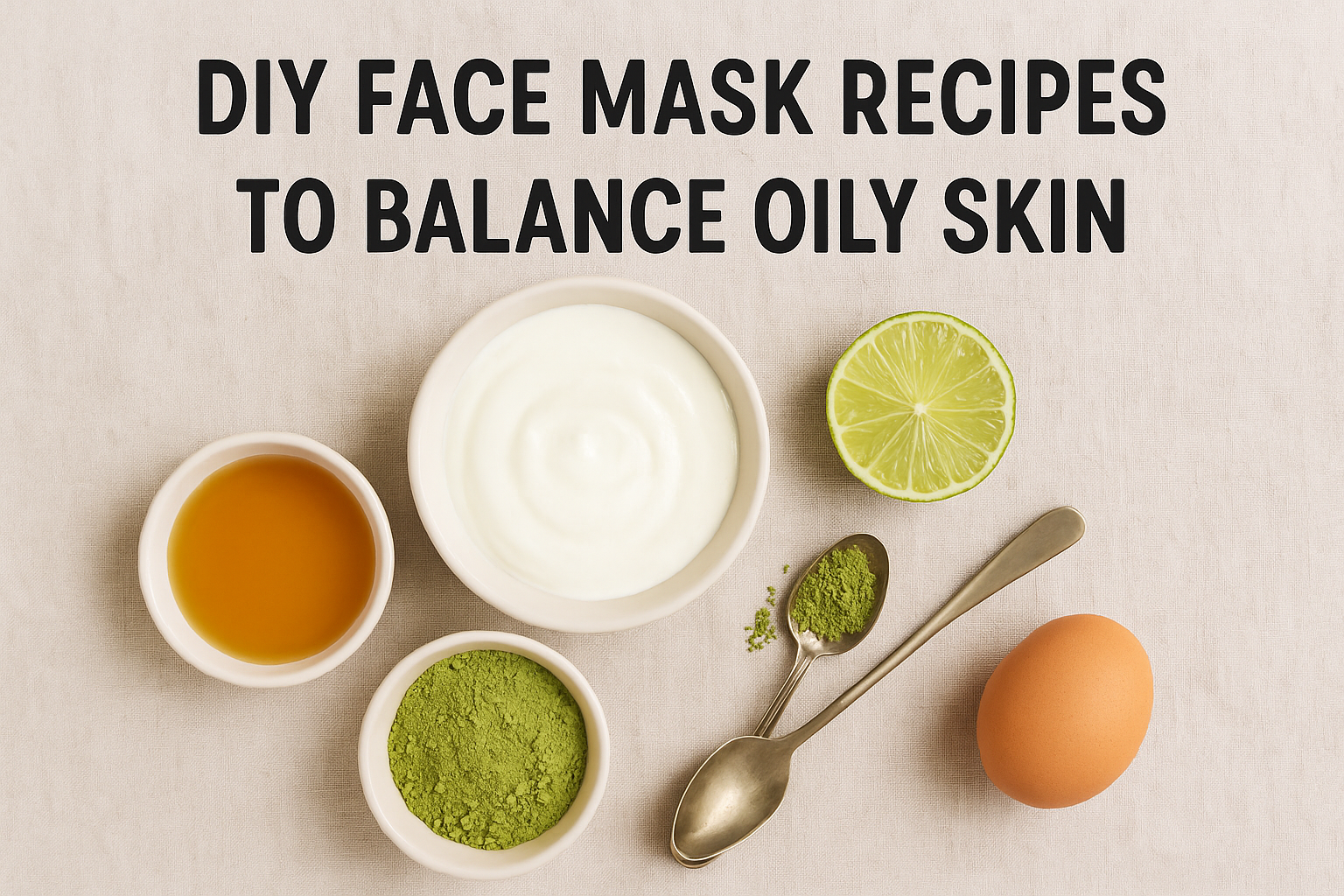
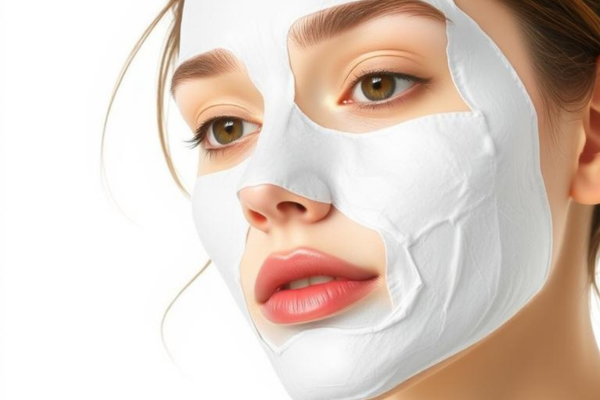
 Acne
Acne Anti-Aging
Anti-Aging Business
Business Digital Marketing
Digital Marketing Economics
Economics Exfoliation
Exfoliation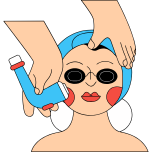 Hair Removal
Hair Removal Movies
Movies Personal Finance
Personal Finance Websites
Websites
